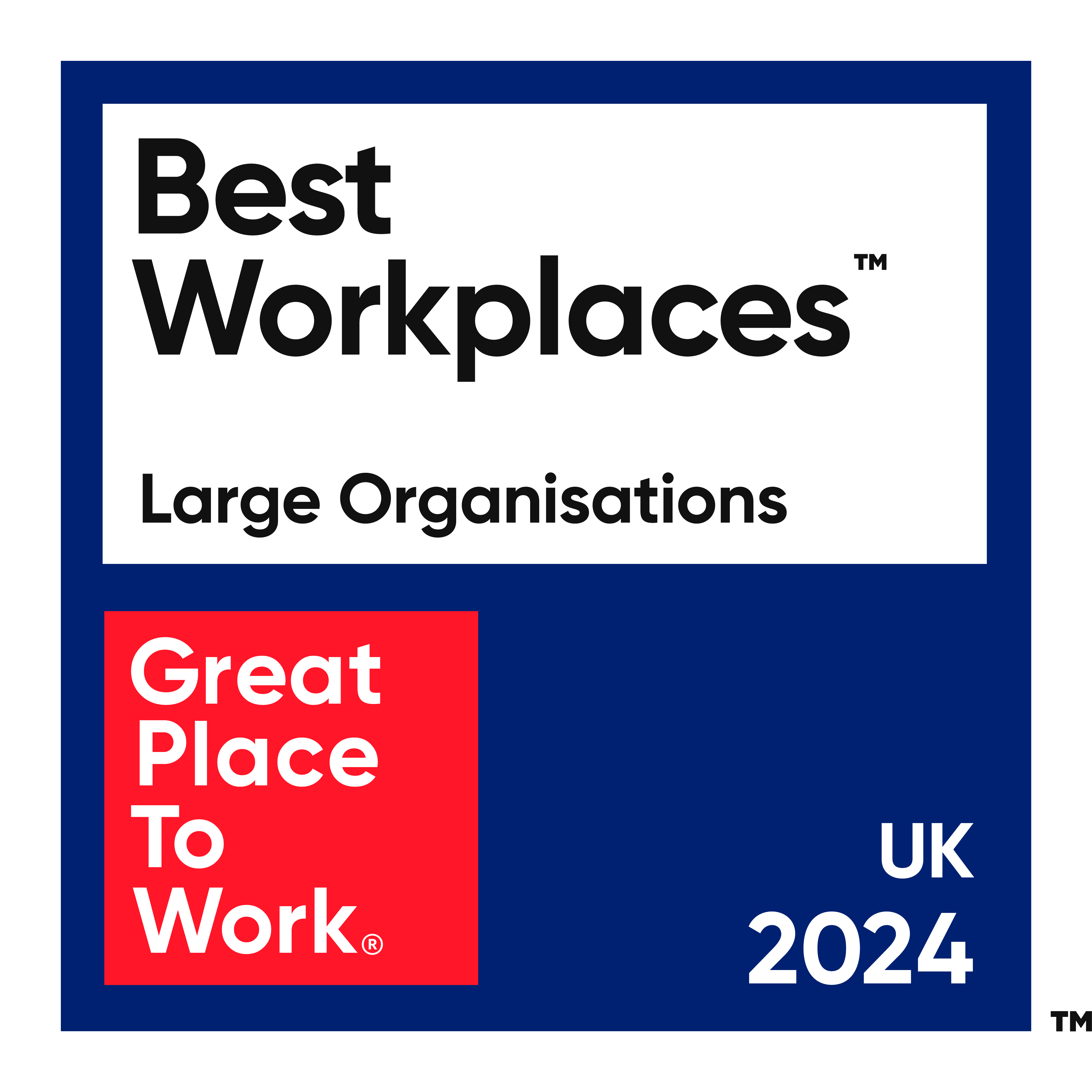Data Architect

Role Summary
The role of a Data Architect is a visionary who translates business requirements into technology requirements and defines data standards and principles. The data architect is responsible for visualizing and designing the organisation's enterprise data management framework for how IT infrastructure supports our data strategy. The goal of this role is to show the company's infrastructure how data is acquired, transported, stored, queried, and secured. The data architecture built will be the foundation of any data strategy.
Strategy
Responsible for visualising and designing the organisation's enterprise data management framework of today. This framework will describe the processes used to plan, specify, enable, create, acquire, maintain, use, archive, retrieve, control, and purge data.
Responsible for understanding the overall TO-BE data architecture and ensuring that it meets the requirements for data needs from across the business. Typically involved in defining how data will be collected, stored, and consumed e.g. MI/ML Projects
Acting as an AI architect will be vital to any AI /and ML strand within Aventum, Planning the implementation of solutions, choosing the right technologies, and evaluating the evolution of the architecture as the organisation's needs change.
Envision, build, deploy and operationalise an end-to-end machine learning (ML) and AI pipeline based on needs.
Provide a standard common business vocabulary, expressing strategic requirements, outlining high-level integrated designs to meet those requirements, and aligning with enterprise strategy and related business architecture.
Responsible for visualising the “blueprint” of the complete framework that data engineers then build.
Operations
Translating business requirements into technical specifications, including data streams, integrations, transformations, databases, and data warehouses e.g. developing and optimising database solutions to store and retrieve company information.
Defining the data architecture framework, standards, and principles, including modelling, metadata, security, reference data such as country codes and security reference data that covers all issued securities across diverse asset classes, and master data such as details about policyholders (like name, address, contact details, and demographic data), policy details (like policy number, coverage, terms and conditions), product data (like product type, premiums, and benefits), and claims data (like claim number, claim amount, and claim status) and employees.
Defining reference architecture, which is a pattern others can follow to create and improve data systems.
Defining data flows, i.e., which parts of the organisation generate data, which require data to function, how data flows are managed, and how data changes in transition.
Collaborating and coordinating with multiple departments, stakeholders, partners, and external vendors.
Install and configure information systems to ensure functionality.
Analyse structural requirements for new software and applications
Migrate data from legacy systems to new solutions.
Plan for third-party data integration to new solutions.
Improve system performance by conducting tests, troubleshooting and integrating new elements.
Define security and backup procedures.
Provide operational support for Management Information Systems (MIS).
Qualifications
Bachelor’s degree in computer science, Computer Engineering, or related field; or equivalent education/experience mix covering data management, programming, application design, big data development, systems analysis, and technology architectures.
TOGAF certification is advantageous.
Proficient in core data architect skills, emphasizing data modelling, SQL development, and database administration.
In-depth understanding of the System Development Life Cycle (SDLC), project management, architecture approaches, requirements analysis, design, and testing techniques.
Familiarity with established and emerging data management and reporting technologies, including columnar and NoSQL databases, predictive analytics, data visualization, and unstructured data.
Ability to create diagrams of key data entities and relationships and generate a component list for system construction.
Strong interpersonal skills, articulation, persuasion, political savvy, and effective communication of the big data vision.
Proven experience in analyzing structural requirements for new software and applications.
Track record in analyzing and mapping current and future data models, overseeing transition activities.
Expertise in leading detailed design to control technical debt and maintain alignment with architectural principles and patterns.
Diligent cataloguing and control of data objects for re-use and design purposes.
Proficiency in designing models for data processing aligned with the business model.
Strong understanding of cloud computing, databases, and relevant applications, covering all Data Modeling phases, including conceptualization and optimization.
Problem-solving attitude and effective troubleshooting skills.
Tools
Platforms & Tools: Cloud Computing platforms (ADLS Gen2), Microsoft Stack (Synapse, DataBricks, Fabric, Profisee), Snowflake Data Integration, Azure Service Bus, Apache Airflow, Apache Iceberg, Apache Spark, Apache Hudi, Apache Kafka, Power BI, BigQuery, DeltaLake, Azure DevOps, Azure Monitor, Azure Data Factory, SQL Server, Azure DataLake Storage, Azure App Service, Azure ML is a plus.
Languages: Python, SQL, T-SQL, SSIS and high-level programming knowledge on Spark is a plus.
DB: Azure SQL Database, Cosmos DB, NoSQL, MongoDB, and HBase are a plus.
Methodologies: Agile and DevOps must have.
Concepts: ELT/ETL, DWH, APIs (RESTful), Spark APIs, FTP protocols, SSL, SFTP, PKI (Public Key Infrastructure) and Integration testing.
Apply now
By submitting your information, Aventum may contact you further if we have a legitimate interest to do so. You will be able to unsubscribe from all email communications at any time.

